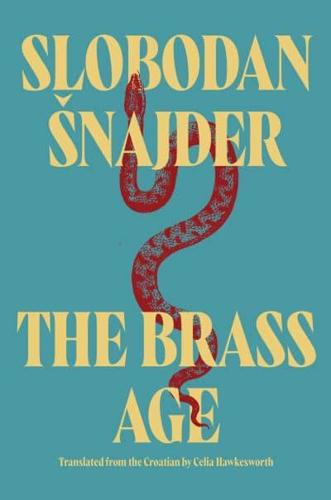Publisher's Synopsis
'Like Olga Tokarczuk, Šnajder has written a novel about a Europe that has lost its diversity and has been destroyed by fascism, communism and, in recent times, nationalism ... a modern epic' Le Monde
This is, without doubt, the most important novel of Croatian literature in the last few years ― Jutarnji list
The very next day processions of young men, some still children, began to move around the little town of Nuštar, with drums providing a steady rhythm ... These young men came from German families, Germans living outside the Reich, Volksdeutsche. Some stayed in their houses, some were shut up in the storeroom by their mothers, but as time went on more and more of them followed the drumming ...
1769. A hungry year in Germany. Kempf the ancestor departs his homeland with his compatriots in search of a brighter future. Years pass and generations of Germans make Slavonia their home. But in 1940, when Europe is at war once more, this minority, the Volksdeutsch, are called to fight for the Reich, for a land now foreign to them.
Among their ranks is Georg Kempf, the narrator's father. Forcibly conscripted into the Waffen SS, he deserts, aware of the danger that this involves. At the end of the war, he falls in love with a committed partisan called Vera despite the unimaginable: if they had met earlier, each one would have had to kill the other.
The Brass Age, Slobodan Šnajder's masterpiece, is both a family saga and a powerful historical novel about the destiny of those shackled by history, and the generations doomed to inherit the contradictory fates of their forebears. Šnajder looks to his own biography to capture two hundred years of conflict and dividing ideology. In the process, he reconstructs a world that fell apart.










